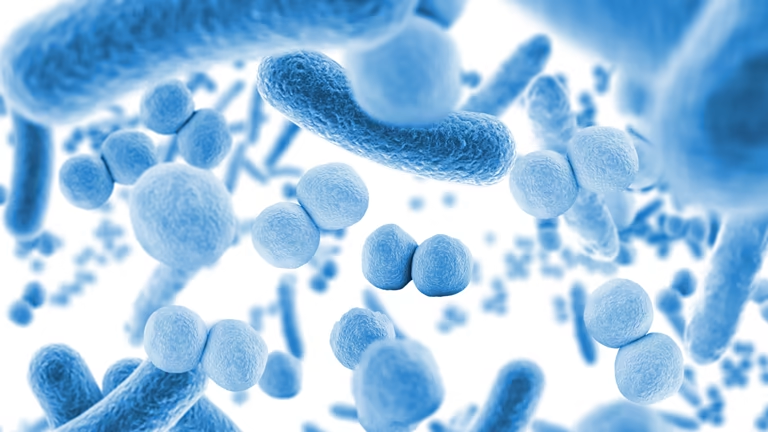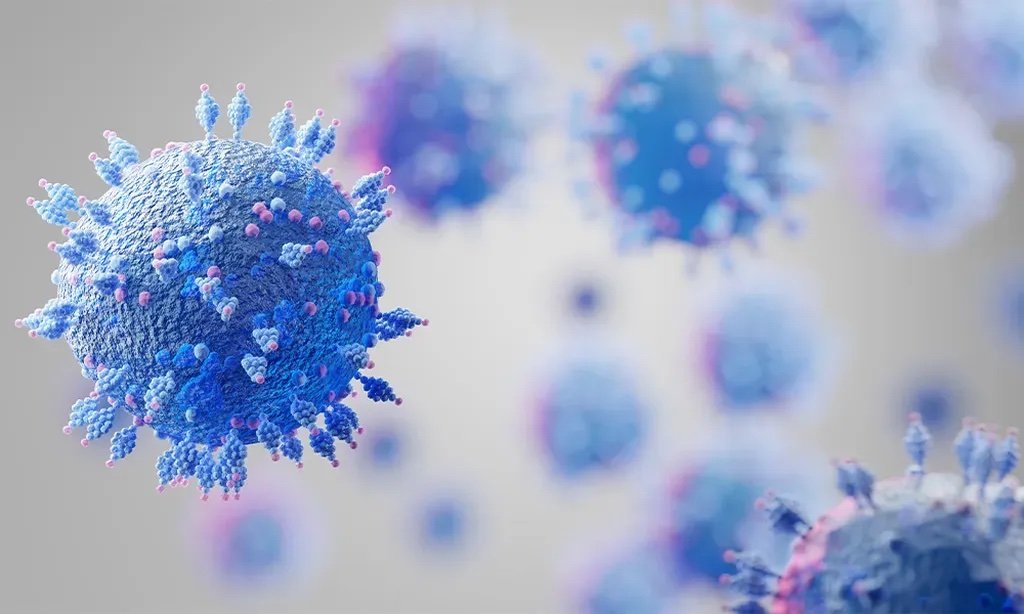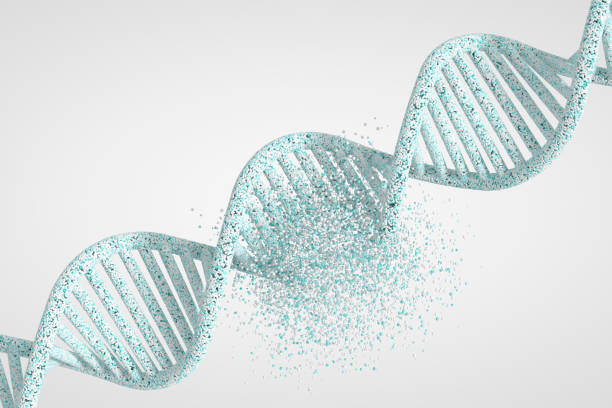In the ever-expanding world of health and wellness, probiotics have become a buzzword. From yogurt labels to supplement shelves, you’ll find promises that these microscopic organisms can improve digestion, boost immunity, clear up your skin, help you lose weight, and even lift your mood. The idea that bacteria—traditionally considered something to avoid—can be good for you sounds almost too good to be true. So, what’s the real story? What exactly are probiotics, and do you really need them?
To unravel this question, we need to explore the complex world of microbes living inside your body—your microbiome. We’ll journey into your gut, examine the science behind probiotics, explore their potential benefits and limitations, and, most importantly, help you determine whether they’re right for you.
The Human Microbiome: A Universe Within
Your body is home to trillions of microbes. In fact, the human body contains more bacterial cells than human cells. These microbes—bacteria, viruses, fungi, and other microscopic organisms—live on your skin, in your mouth, in your lungs, and most abundantly, in your gastrointestinal tract.
This collection of organisms is known as the microbiome. Far from being a passive community, your microbiome plays a crucial role in everything from digestion and nutrient absorption to immune regulation, inflammation control, and even brain function.
Each person’s microbiome is unique, shaped by genetics, diet, environment, medications, and even how they were born. A balanced microbiome is essential for good health. But when this balance is disrupted—a state known as dysbiosis—it can lead to a variety of problems, including digestive disorders, obesity, allergies, and mental health issues.
Enter probiotics.
What Exactly Are Probiotics?
Probiotics are live microorganisms that, when consumed in adequate amounts, are believed to provide health benefits. They’re often referred to as “good bacteria,” but this isn’t a one-size-fits-all term. Different strains of bacteria have different effects, and not all are beneficial.
The most commonly used probiotic bacteria belong to the genera Lactobacillus and Bifidobacterium, though other species like Saccharomyces boulardii (a yeast) and Streptococcus thermophilus are also used.
Probiotics can be found in fermented foods like yogurt, kefir, sauerkraut, kimchi, miso, and kombucha. They’re also available in capsule, tablet, and powder form as dietary supplements.
However, just because a product contains live bacteria doesn’t automatically make it a probiotic. To be considered a true probiotic, the organism must be well-studied, survive the acidic environment of the stomach, reach the intestines alive, and exert a beneficial effect.
How Probiotics Work: The Battle for Balance
The gut is a crowded battlefield where trillions of microbes compete for space and nutrients. When beneficial bacteria are in charge, they help keep harmful microbes in check, aid digestion, produce important compounds like short-chain fatty acids and vitamins, and support the gut lining.
Probiotics are thought to support this balance by several mechanisms:
- Competing with harmful bacteria for attachment sites in the gut.
- Producing antimicrobial substances that inhibit pathogens.
- Modulating the immune system by interacting with immune cells in the gut.
- Enhancing the gut barrier to prevent the leakage of harmful substances.
- Influencing gut-brain communication, potentially affecting mood and behavior.
However, the effects of probiotics are often strain-specific. One strain may help with diarrhea, while another may improve symptoms of irritable bowel syndrome (IBS), and yet another may have no noticeable effect at all.
Probiotics and Digestion: The Gut’s Little Helpers
Digestive health is the area where probiotics have received the most attention. Many people turn to them for relief from bloating, gas, diarrhea, and constipation. So, what does the science say?
There’s reasonably good evidence that probiotics can help with certain digestive conditions. For example, they may reduce the duration and severity of infectious diarrhea, especially in children. They are also useful in preventing antibiotic-associated diarrhea by replenishing the beneficial bacteria wiped out by medications.
In people with IBS, certain strains—such as Bifidobacterium infantis and Lactobacillus plantarum—have been shown to reduce bloating, abdominal pain, and irregular bowel movements. Similarly, for people with ulcerative colitis, a type of inflammatory bowel disease, some probiotics may help maintain remission.
However, not all digestive issues respond to probiotics. In some cases, taking them may lead to temporary gas or bloating. And while they may be helpful, they’re not a magic bullet. Diet, stress, sleep, and other lifestyle factors also play a huge role in gut health.
Immune Boosters or Hype?
The gut is a major hub of immune activity. Nearly 70% of your immune cells reside in or around the digestive tract. It’s no surprise, then, that probiotics are often marketed as immune boosters. But do they actually strengthen your immune system?
There is evidence that certain probiotics can enhance immune function. They may help reduce the frequency and duration of common colds, especially in children and the elderly. They might also help prevent infections like urinary tract infections and yeast infections by maintaining a healthy microbial balance.
Probiotics have also been studied in people with autoimmune diseases and allergies, where an overactive or misguided immune response causes damage. While results are mixed, some studies suggest that probiotics may help modulate immune responses and reduce inflammation.
That said, taking probiotics doesn’t give you superhero immunity. They may support your immune system, but they’re just one piece of a much larger puzzle that includes nutrition, sleep, stress management, and physical activity.
The Gut-Brain Connection: Probiotics and Mental Health
One of the most fascinating areas of probiotic research is the gut-brain axis—the complex communication system between your gut and your brain. Your gut is often called your “second brain” because it produces neurotransmitters like serotonin and dopamine and communicates with your central nervous system via the vagus nerve.
Some research suggests that probiotics can influence mood, anxiety, and cognitive function. Certain strains, sometimes called “psychobiotics,” may reduce symptoms of depression and stress. This is likely due to their ability to reduce inflammation, regulate neurotransmitters, and support gut barrier function.
However, this area is still emerging, and the effects are often modest. Probiotics are not a substitute for therapy or psychiatric medications, but they may serve as a helpful adjunct for some individuals.
Weight Loss and Metabolism: Do Probiotics Help You Slim Down?
Another popular claim is that probiotics can help with weight loss. This idea stems from research showing that obese individuals tend to have different gut bacteria than lean individuals. Some animal studies have even shown that transferring gut bacteria from an obese mouse to a lean mouse causes the lean mouse to gain weight.
Some human studies suggest that probiotics may influence weight and metabolism by:
- Increasing the release of appetite-suppressing hormones.
- Reducing inflammation that contributes to metabolic dysfunction.
- Improving blood sugar regulation.
- Decreasing fat absorption in the gut.
However, these effects are often small and strain-dependent. For example, Lactobacillus gasseri has shown promise in reducing abdominal fat, but other strains may have no effect—or even cause weight gain.
Bottom line: probiotics might support a healthy metabolism, but they’re not a shortcut to weight loss. Lasting changes still come from diet, activity, and lifestyle.
Skin, Allergies, and Other Claims
Probiotics have also been studied for their effects on skin health, particularly conditions like eczema, acne, and rosacea. Some studies show that probiotics can reduce eczema severity in infants and may help with acne by lowering inflammation and supporting gut-skin communication.
Similarly, some research suggests that probiotics may reduce the risk or severity of allergies, particularly in children. This may be due to their role in training the immune system and reducing allergic inflammation.
While promising, these uses are still considered supplementary. Probiotics may help support skin and allergy health, but they’re not a replacement for proper skincare or allergy management.
Probiotic Foods vs. Supplements: What’s the Best Source?
If you’re considering adding probiotics to your routine, you might wonder whether to get them from food or supplements. Both options have advantages and limitations.
Fermented foods like yogurt, kefir, kimchi, and sauerkraut are natural sources of probiotics and also provide nutrients like vitamins, minerals, and fiber. However, the strains in these foods may not always be well-studied, and their potency can vary.
Supplements offer specific strains in standardized doses. They’re convenient and targeted but may be expensive, and not all products are created equal. Some may contain dead bacteria or not enough to be effective.
When choosing a probiotic supplement, look for:
- Strain specificity: The label should list the genus, species, and strain (e.g., Lactobacillus rhamnosus GG).
- Colony-forming units (CFUs): A measure of potency. Effective doses usually range from 1 billion to 10 billion CFUs.
- Storage instructions: Some need refrigeration; others are shelf-stable.
- Clinical backing: Products backed by studies are more likely to be effective.
Do You Really Need Probiotics?
Now to the big question: Do you really need probiotics?
If you’re generally healthy and eat a balanced diet rich in fiber, fruits, vegetables, and fermented foods, you may not need probiotic supplements. Your microbiome may already be in good shape, and adding extra bacteria might not make much of a difference.
However, there are situations where probiotics can be helpful:
- After antibiotics: To restore beneficial bacteria and prevent diarrhea.
- During travel: To prevent traveler’s diarrhea.
- With digestive issues: Like IBS, bloating, or mild constipation.
- For immune support: Especially during cold and flu season.
- For specific conditions: If prescribed or recommended by a healthcare provider.
Ultimately, probiotics are not a one-size-fits-all remedy. Their benefits depend on the strain, dose, individual health, and the condition being treated.
Cautions and Considerations
Probiotics are generally safe for most people, but they’re not risk-free. In people with weakened immune systems, such as those undergoing chemotherapy or organ transplants, probiotics can cause infections.
Also, not everyone responds the same way to the same strain. What works wonders for one person may do nothing for another. That’s why trial and error, under the guidance of a healthcare provider, is often necessary.
Some people may experience mild side effects like gas, bloating, or upset stomach when starting probiotics. These symptoms usually resolve within a few days.
And then there’s the placebo effect. Some of the perceived benefits of probiotics may be due to expectations rather than actual changes. That doesn’t mean they’re not real—just that the mind and body are deeply intertwined.
Conclusion: Listen to Your Gut—Literally
Probiotics are not a miracle cure. They won’t solve all your health problems or make up for a poor diet and lifestyle. But they can be powerful allies in the quest for better health—especially when used thoughtfully and appropriately.
Understanding your own body, your symptoms, your goals, and your microbiome is key. Probiotics work best when they’re part of a bigger picture: a diet rich in fiber, whole foods, and fermented products; a lifestyle that prioritizes sleep, stress reduction, and movement; and a mindset that values balance over perfection.
So, do you really need probiotics? Maybe. Maybe not. The answer, like so many things in health, lies in the details—and in your gut.






